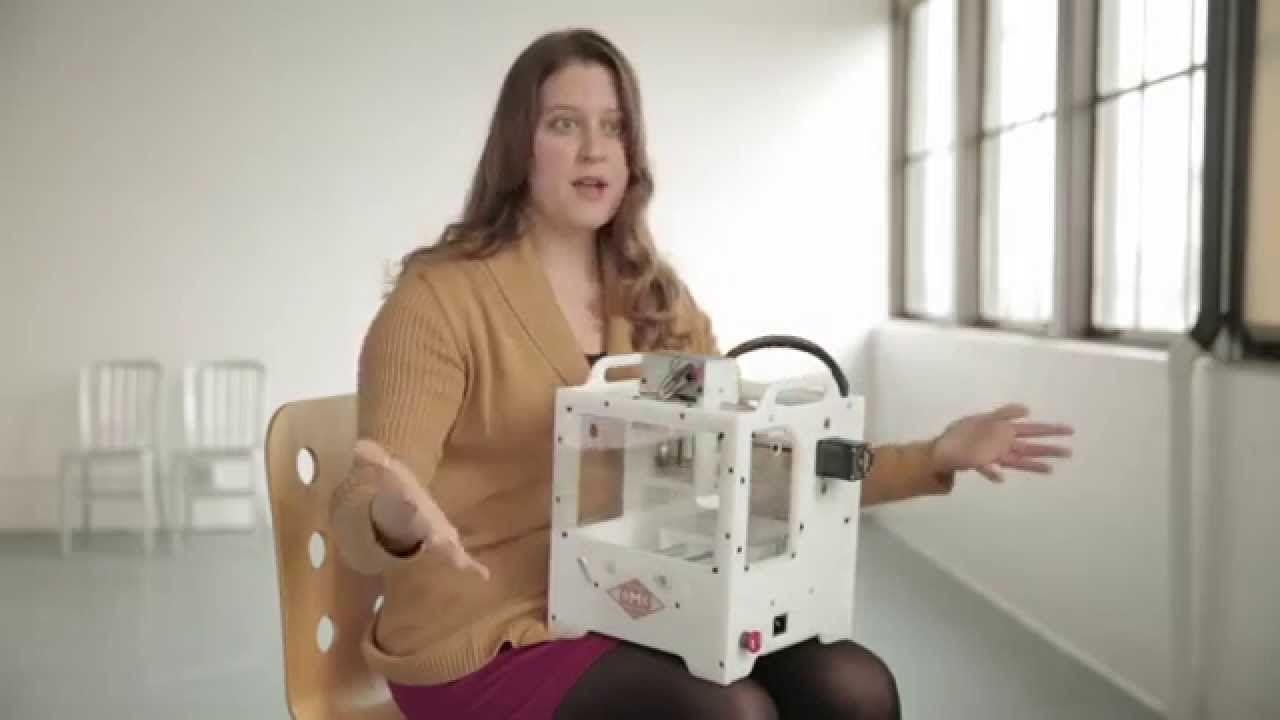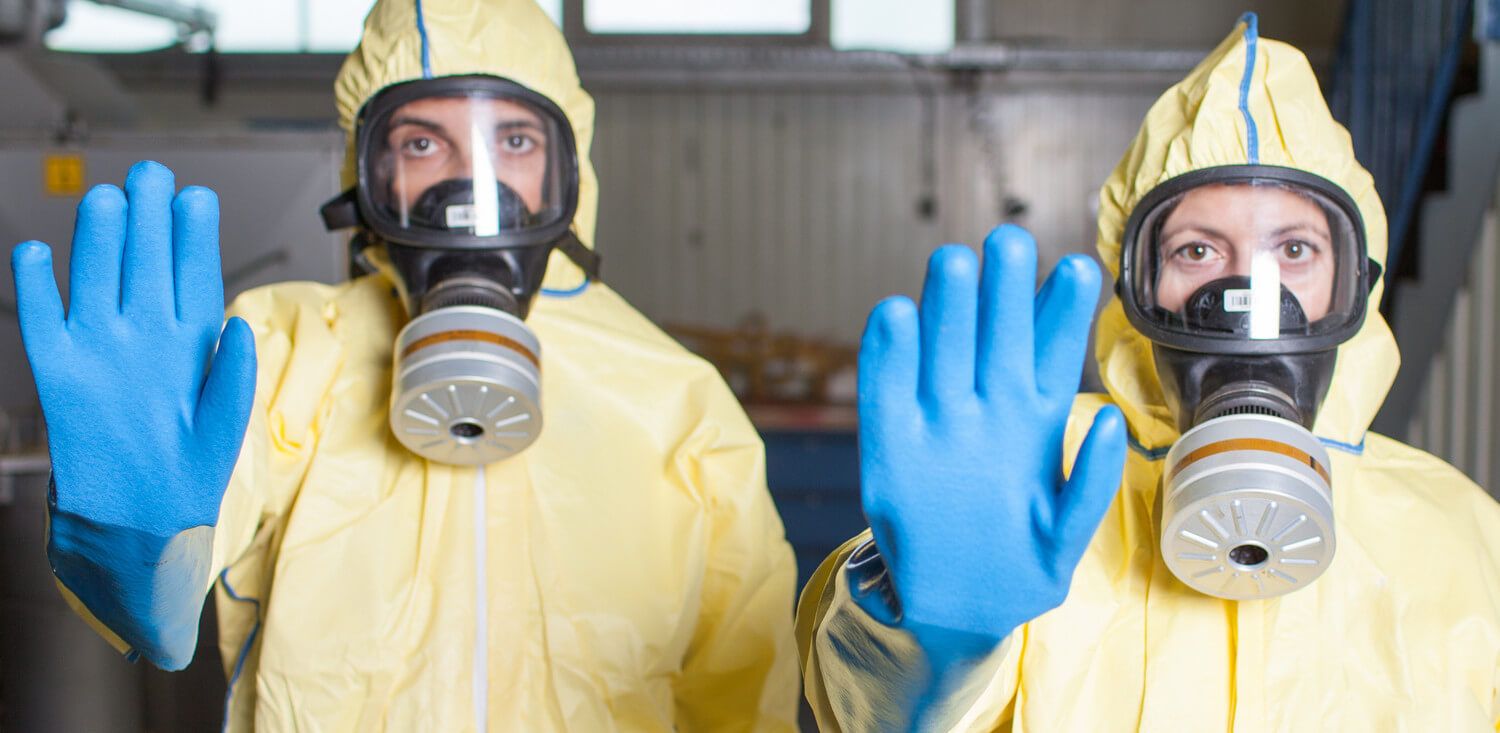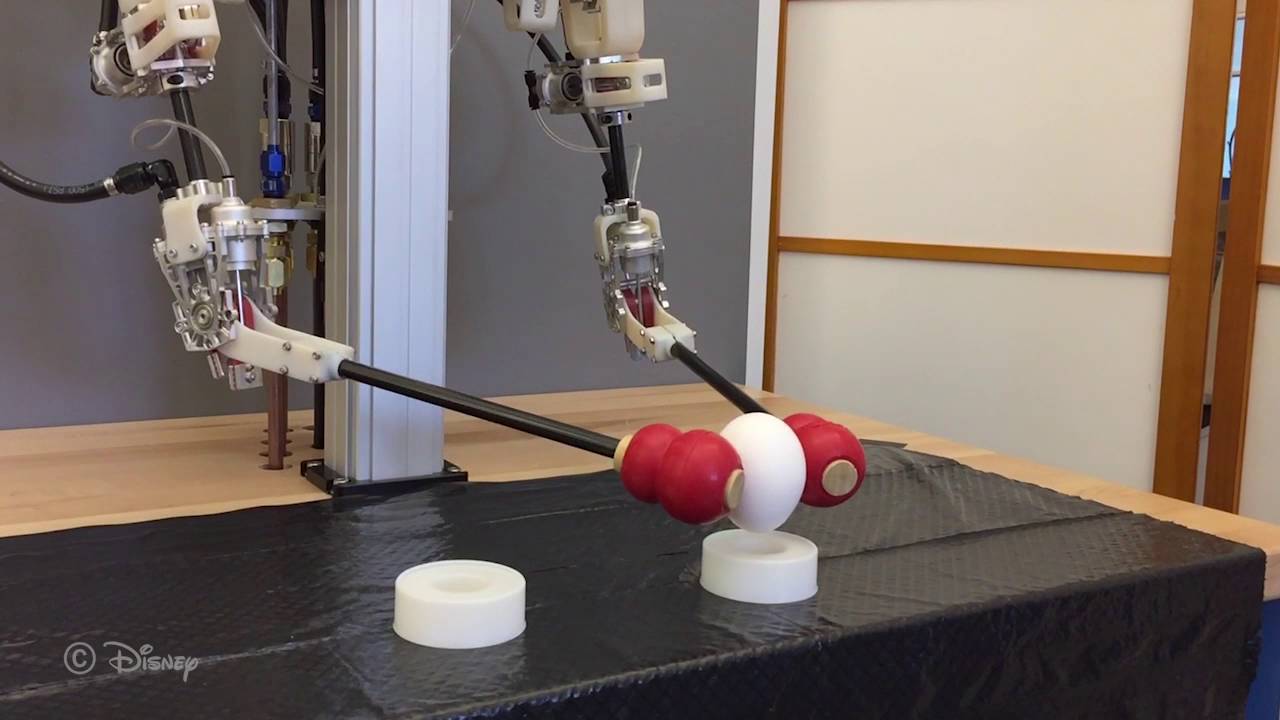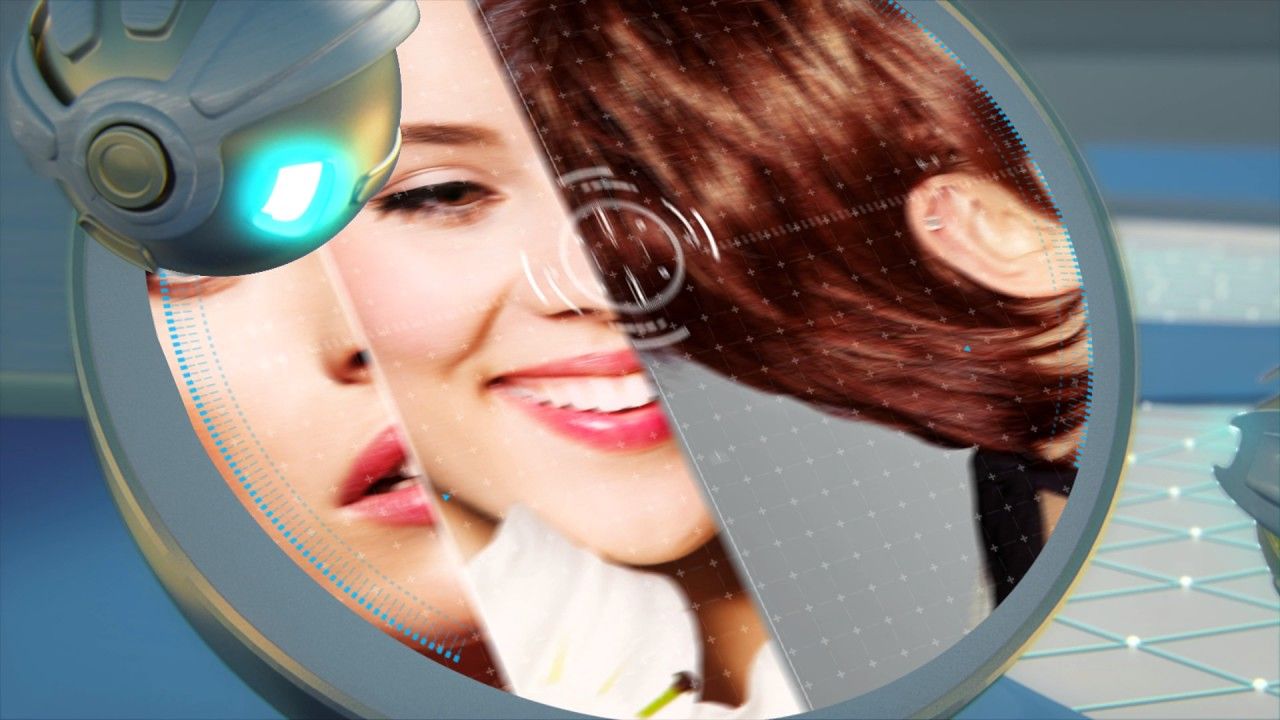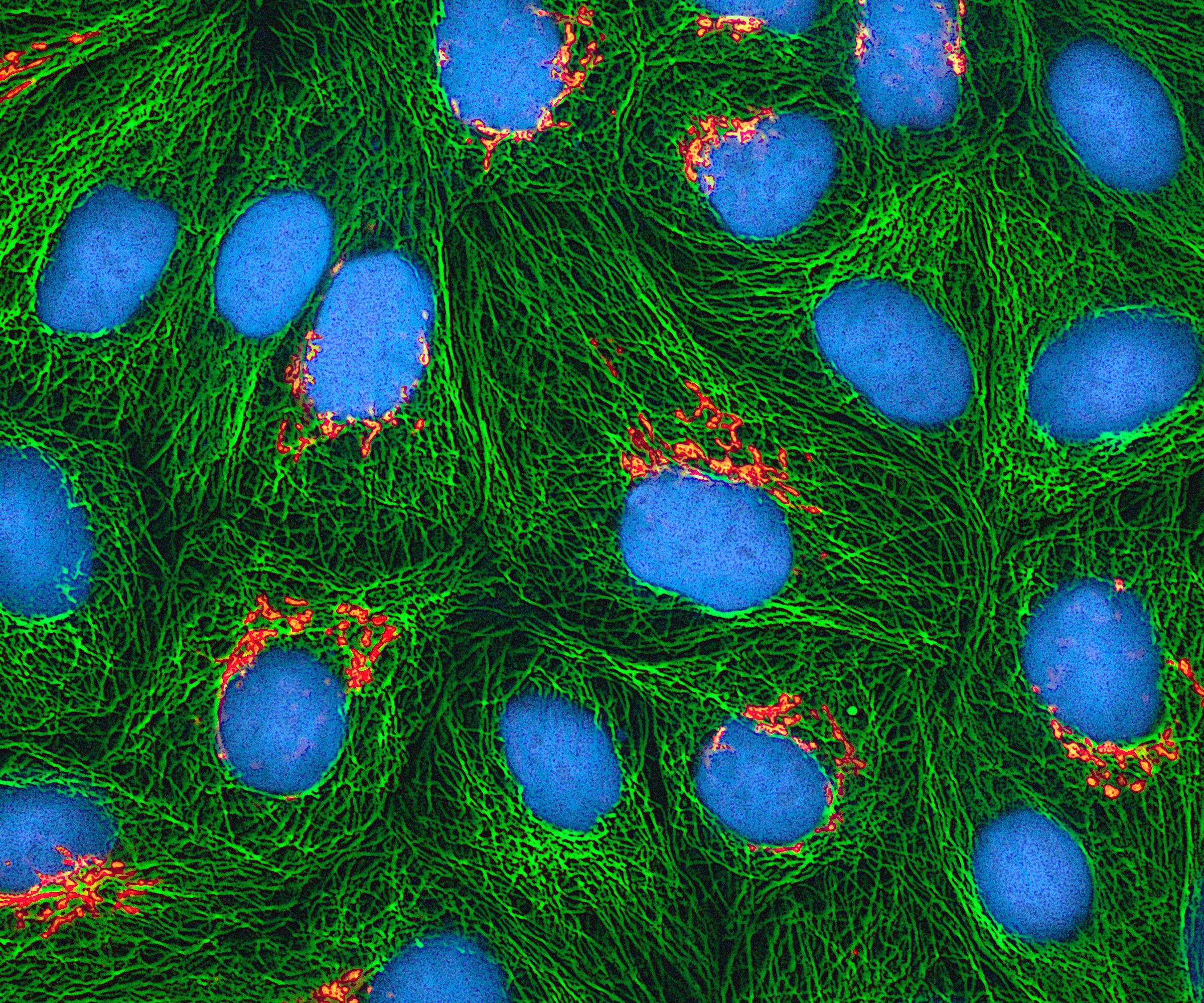Gene expression is the process by which genetic information is used to produce proteins, which are essential for cells to function properly and fulfil their many purposes. It takes place in two distinctive steps: first the transcription, which takes place in the nucleus, then the translation, in the cytoplasm. Control of gene expression is vital for cells to produce the exact proteins that are needed at the right moment. Until now, gene transcription and translation into proteins were thought to be two independent processes. Today, microbiologists at the University of Geneva (UNIGE), Switzerland, and at the European Molecular Biology Laboratory in Heidelberg (Germany) provide additional evidence that these two processes are intrinsically related and show that a protein complex called Ccr4-Not plays a key role in gene expression by acting as a messenger between the nucleus and the cytoplasm. Published in Cell Reports, these results shed light on the very mechanisms governing gene expression, a process that controls the life and death of our cells.
Gene expression refers to the biochemical processes through which the information that is stored in our genes is read like an instruction book to produce proteins that will make our cells function properly. Until now, gene expression was thought to take place in two distinctive steps: first transcription, which takes place in the nucleus, then translation, in the cytoplasm. Today, research led by UNIGE and the European Molecular Biology Laboratory shows that transcription and translation are intrinsically related and continuously influence one another. To do so, a very efficient communication within the cell, between the nucleus and the cytoplasm, is essential. This dialogue is made possible by a protein complex called Ccr4-Not, which globally determines the cell translational capacity.
Gene expression: a two-way street
Martine Collart and her team from the UNIGE Faculty of Medicine discovered in 2014 that the Ccr4-Not complex enables the cytoplasm to provide information to the nucleus during translation. Today, they prove that it is a two way-street communication as the nucleus also communicates information to the cytoplasm at all stages of gene expression, thanks to Ccr4-Not. This complex acts as a messenger between the nucleus and the cytoplasm to ensure that both transcription and translation levels are well adapted. It is also able to enhance translation to compensate for transcriptional stress, thus ensuring that gene expression remains well-balanced.
Read more

